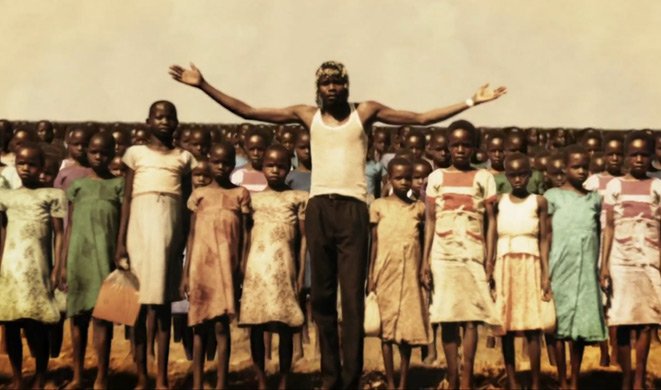Kony campaign shows us the power of one

The Kony 2012 is already a contender for viral video of the year and a marketing success story. But it is selling a message of justice, says John Lai.
Invercargill Mayor Tim Shadbolt thinks social media is a fad. He said so in a recent Stuff article. I didn't pay much attention to it because there was hardly any context and his only evidence was to compare social media to the hula hoop.The reason why I mention this is because of a video entitled Kony 2012. The viral success of the campaign video about the leader of Uganda's rebel Lord's Resistance Army (LRA), Joseph Kony, shows us how social media has the ability to unite millions of people on the Internet.Since its impact on the Arab Spring, social media has played a major role in overthrowing governments in Egypt, Libya and Tunisia and also driven the Occupy movement. These are the events that shape our understanding of social media being more than about what the kids are doing and what information marketers are shoving down our throats. We now know it has become a tool that can bring society together for a cause. In other words, social media is helping to define our global village.I was a few minutes into the Kony video when it gets to the point - a campaign to stop Joseph Kony and his rebel group who have been terrorising the people of several east African countries, as well as those in northern Uganda. Kony and his army have been indicted for war crimes by the International Criminal Court but have evaded capture since 2005. Under Kony‘s 26 years of leadership, the LRA has gained a reputation for brutality, mutilation, mass rape and the abduction of over 66,000 children who have been forced into sexual slavery, as well as to work as porters and child fighters.The humanitarian group, Invisible Children, are the ones behind the video and its mission is to "make Joseph Kony famous, not to celebrate him, but to raise support for his arrest and set a precedent for international justice". But in the past 24 hours, Invisible Children has come under fire for its past dealings. If we are to strip away the organisation that is behind this movement, we are left with the fact that Joseph Kony is a far bigger cause to rally against, bigger than any single organisation. This cleverly designed viral campaign embraces the power of sharing to try and bring Kony to justice by causing enough noise to force policy makers in the United States to act.Even though the Arab Spring and the Kony project are two different examples, they both work to raise important issues and mobilise people to become part of a force for change. As a society, we now take social media for granted for its power to bring the world together. While one should not assume that all messages will get this sort of attention, don't waste the opportunity to use social media to promote your cause, if you have one. Then let the users decide if they want to support you.Mr Shadbolt, if you ever read this article, believe me. Social media has allowed people to be their own change agent and you are wrong about it being a fad. It has become so integrated into so many of our lives that it has become second nature - something that happens when the fad evolves into something much more important.

